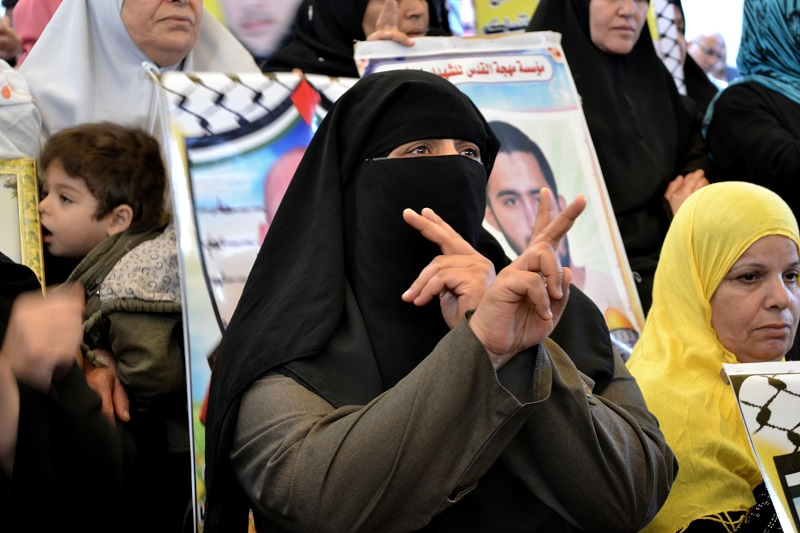Year: 2013
-
Israeli army assaults Arafat memorial march
12th November 2013 | International Solidarity Movement, Nablus Team | Kafr Qaddum, Occupied Palestine The residents of Kafr Qaddum held their annual anniversary demonstration marking Yasser Arafat’s death, despite strong repression from the Israeli army. At approximately 2:30 pm, Palestinian demonstrators and international activists assembled in front of the illegal settlement of Qedumim. After about 30 minutes, the…
-
Photos: Gaza’s weekly rally in solidarity with the Palestinian prisoners
11th November 2013 | International Solidarity Movement, Rosa Schiano | Gaza, Occupied Palestine On Monday morning, many relatives of Palestinian detainees, political representatives and solidarity activists attended the weekly rally at the International Committee of the Red Cross in Gaza City. In the first part of the sit-in, families of Fateh prisoners commemorated the ninth…
-
South Hebron Hills’ outpost of Havat Ma’on continues to expand. Despite documentation, Israeli officials deny knowledge of expansion
11th November 2013 | Operation Dove | At Tuwani, Occupied Palestine The Israeli outpost of Havat Ma’on (Hill 833) in the West Bank’s South Hebron Hills is growing at a phenomenal rate since the beginning of October. On Saturday November 9, the activist group of Ta’ayush (an Arab and Jewish grassroots nonviolent movement) and international…



